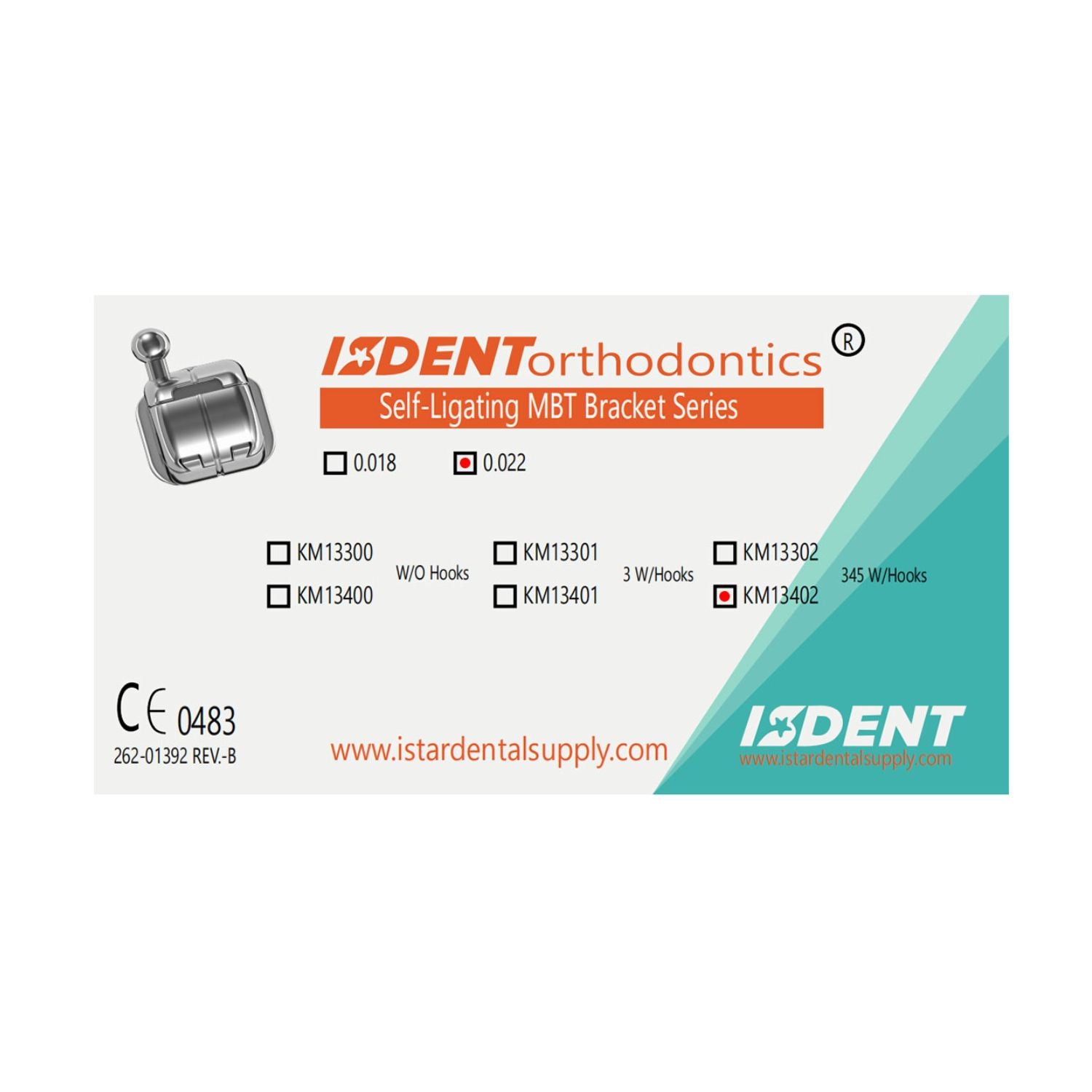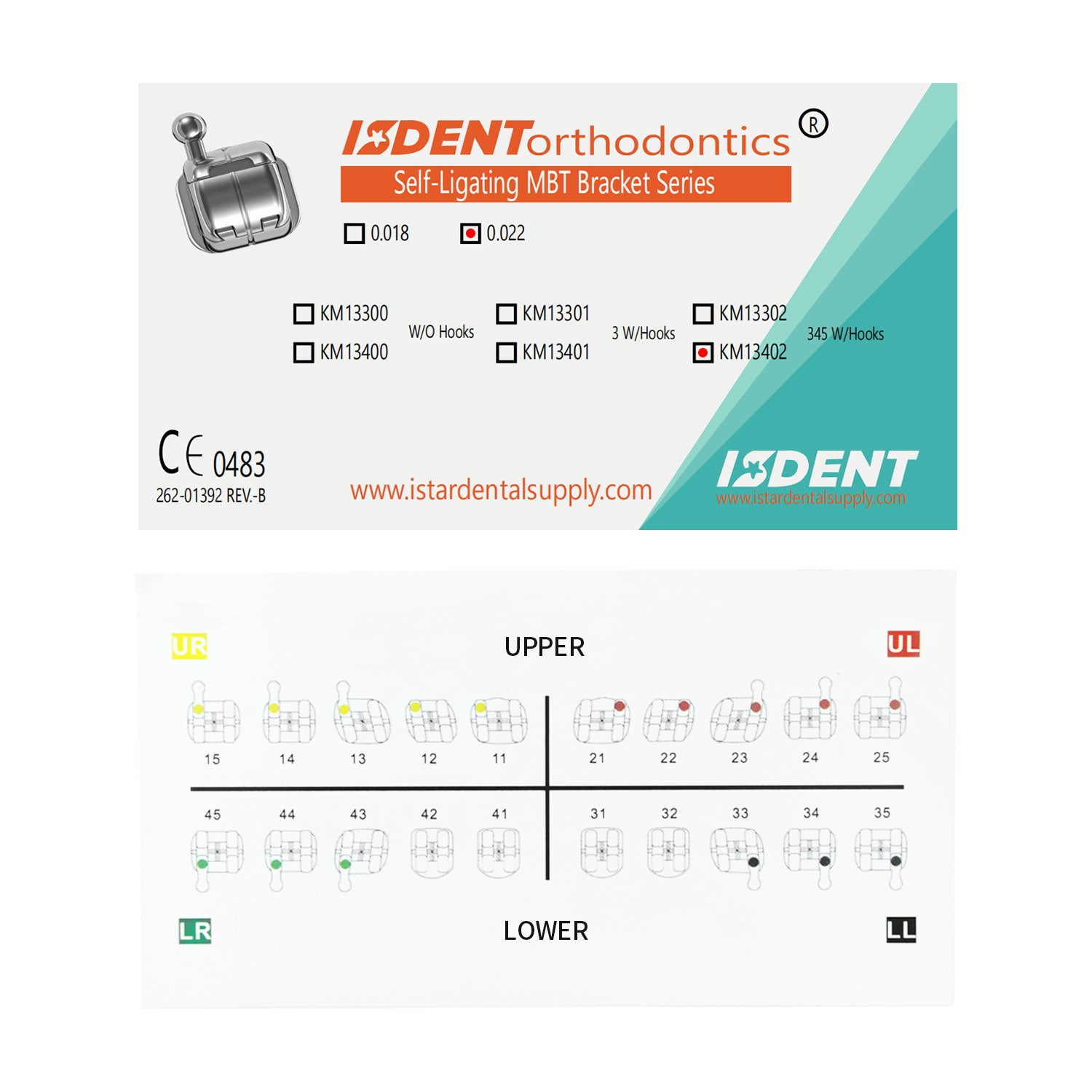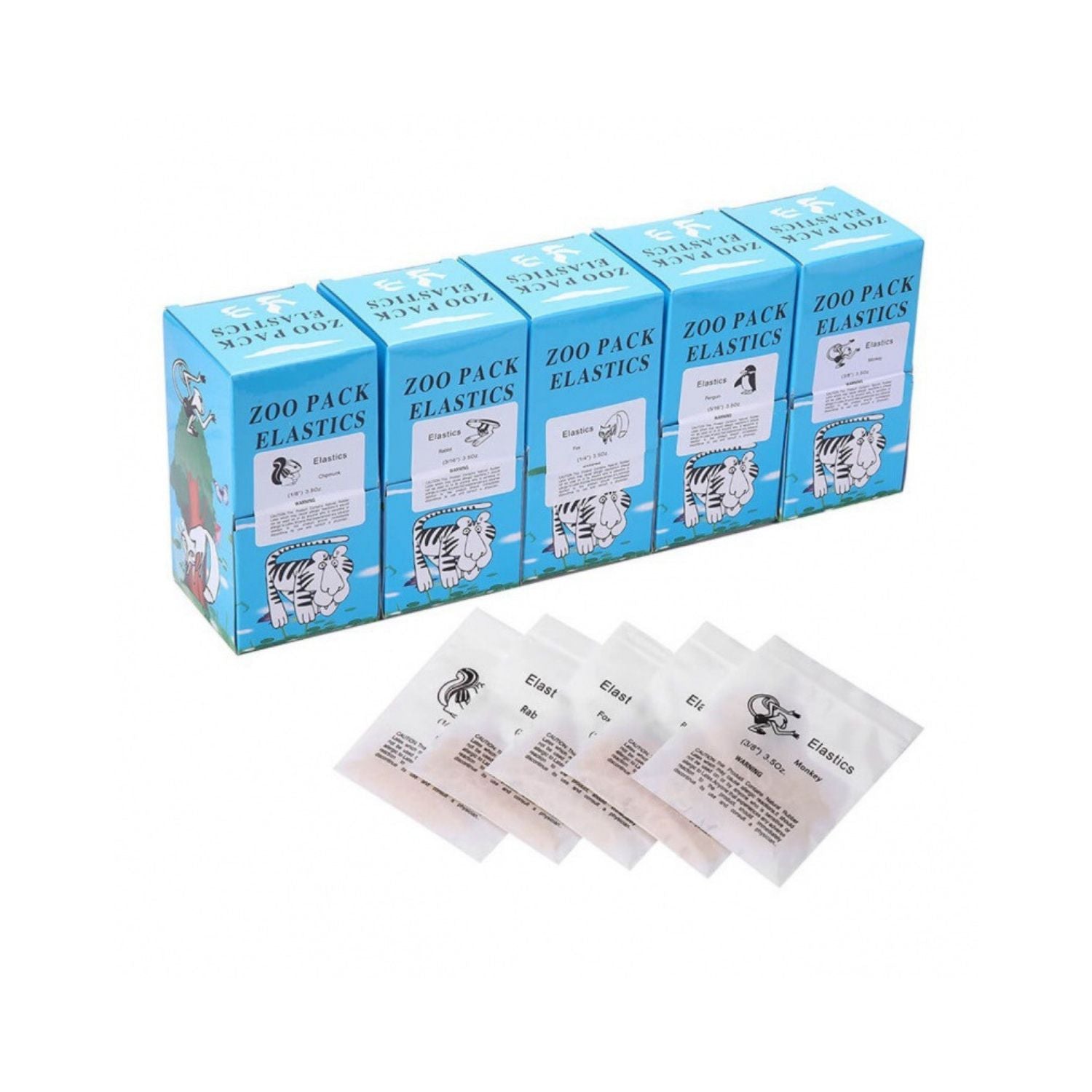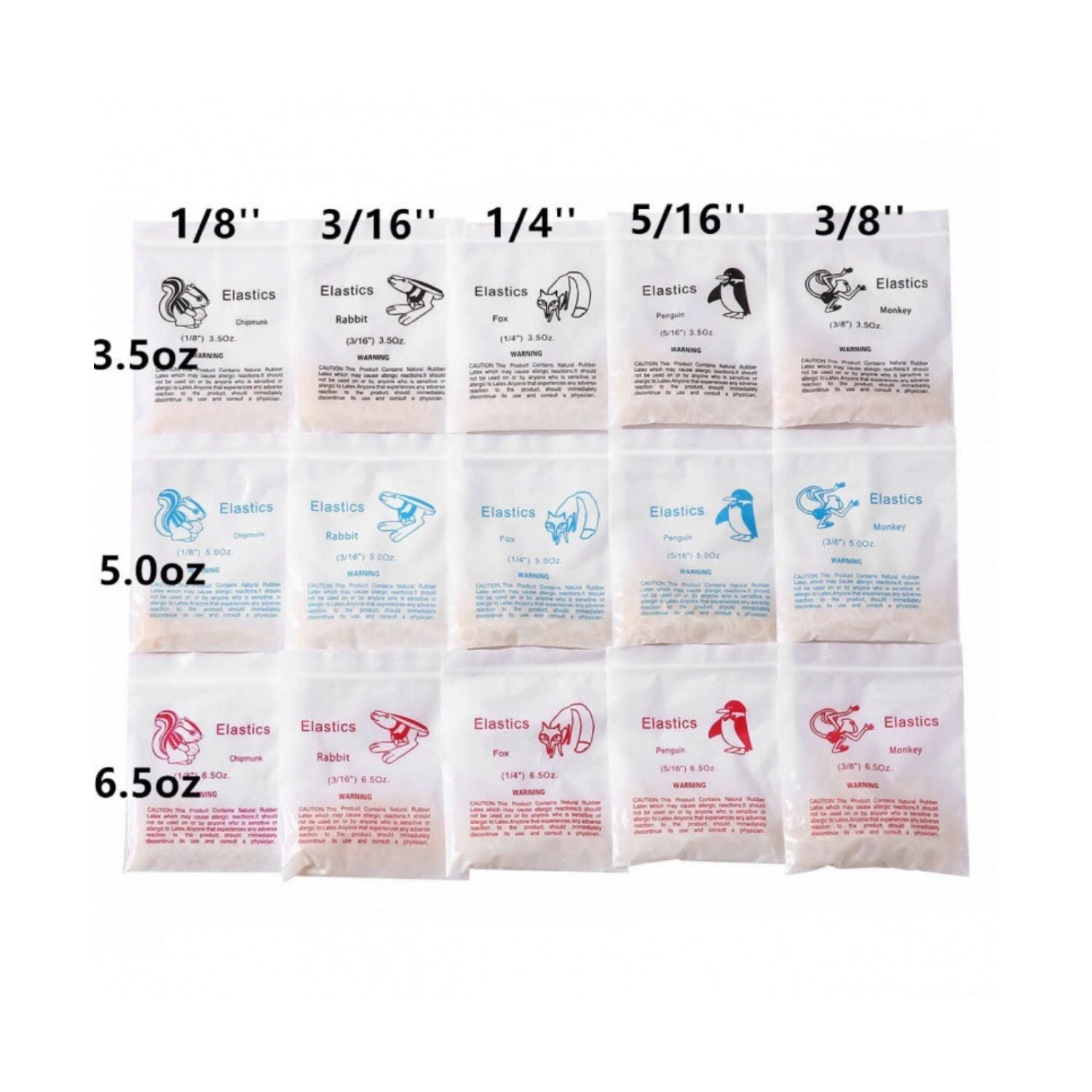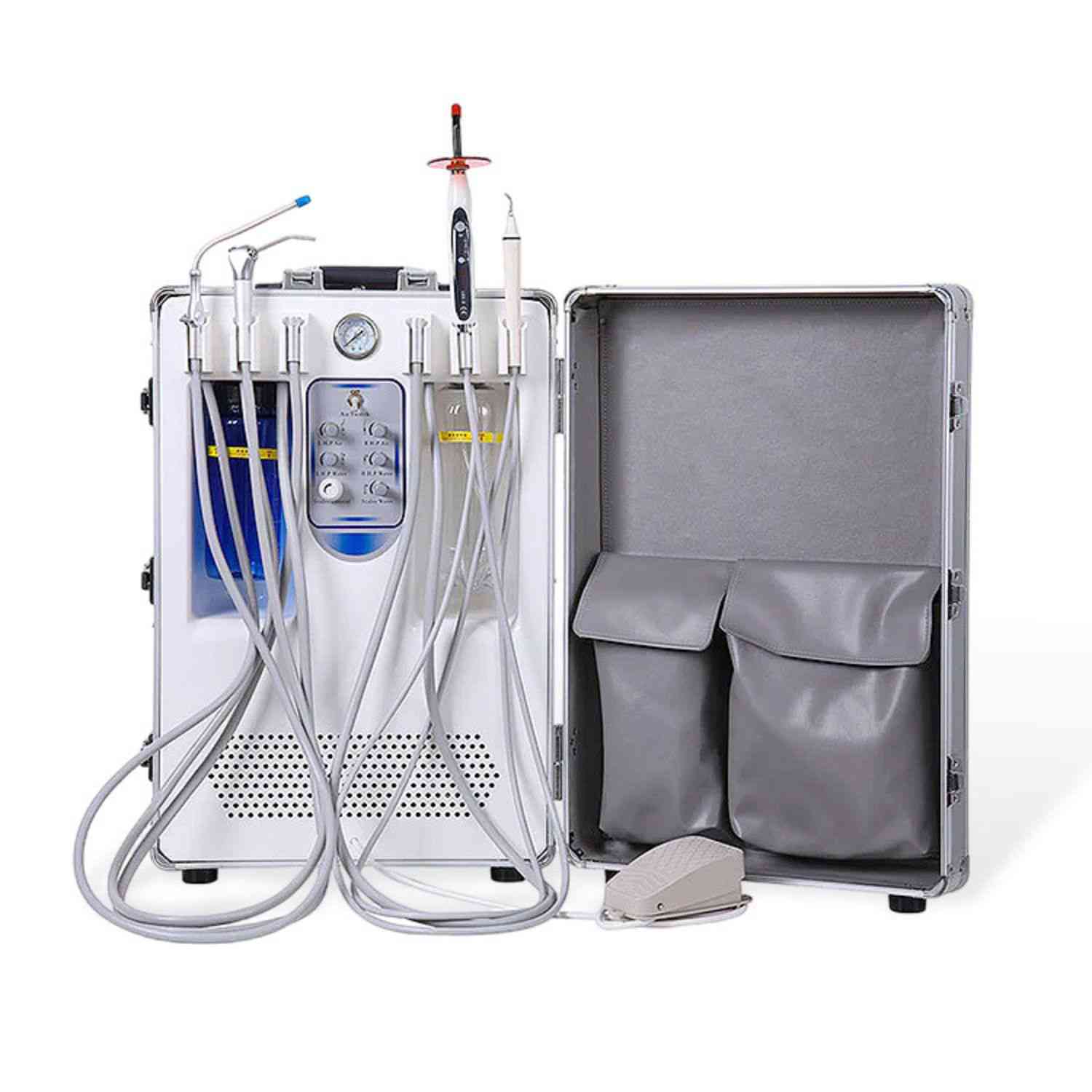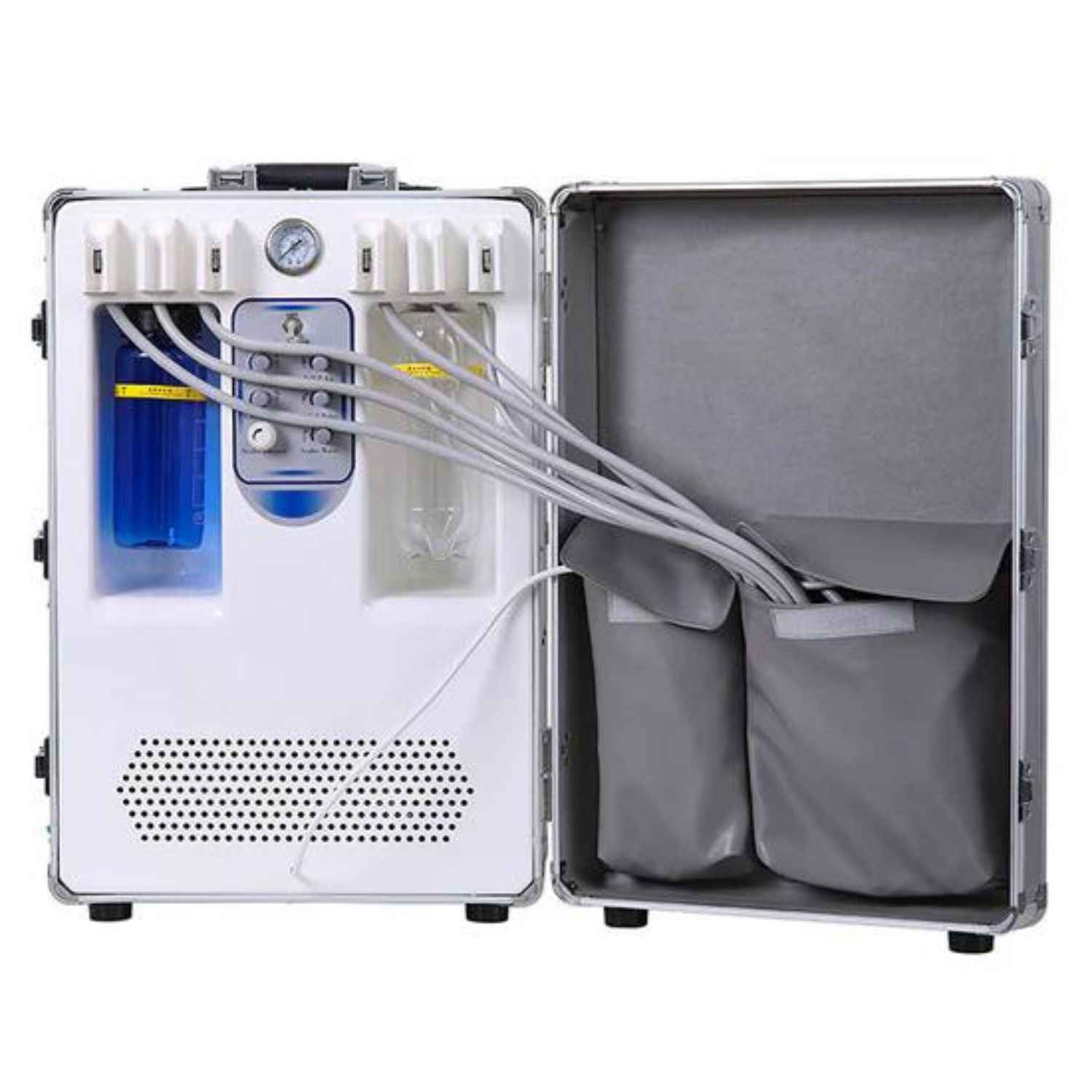Oral Health: Your Complete Guide to Prevention, Care, and Systemic Wellness
Why Oral Health Matters
Your mouth is a window to your overall health. Taking care of your teeth and gums is very important. When you keep your mouth clean, your whole body stays healthy too.
Did you know that 3.5 billion people around the world have oral diseases? That is a lot of people! Poor oral health can lead to other health problems like diabetes, heart disease, and memory loss.
Daily Oral Hygiene Essentials
The Perfect Routine
Here is how to take care of your teeth every day:
- Brush your teeth two times a day
- Use a soft-bristle brush like those from Oral-B® dental equipment
- Floss between your teeth once daily
- Clean your tongue too
- Use mouthwash to kill bad germs
Getting the right tools for dental hygiene is key. A good electric toothbrush cleans better than a hand brush for many people.
Best Products to Use
- Fluoride toothpaste - helps make teeth strong
- Soft brushes - clean without hurting gums
- Water flossers - good if string floss is hard to use
- Tongue scrapers - remove bad breath germs
- Antimicrobial mouthwash - fights gum disease
Food and Drink Tips
What you eat affects your teeth:
| Good Foods | Bad Foods |
|---|---|
| Milk and cheese (calcium) | Candy and sweets |
| Crunchy fruits and veggies | Soda and juice |
| Water | Sticky snacks |
| Nuts | Acidic drinks |
| Foods with vitamin C | Chips that stick to teeth |

Common Oral Health Problems
Tooth Decay (Cavities)
Dental caries is another name for cavities. They happen when sugar from food mixes with germs in your mouth and makes acid. This acid makes holes in your teeth.
Signs of cavities:
- Tooth pain
- Dark spots on teeth
- Pain when eating sweet things
- Holes you can see or feel
To fix cavities, dentists use fluoride therapy or put in fillings. Getting regular check-ups helps catch problems early.
Gum Disease
Your gums are the pink parts around your teeth. When they get sick, it's called periodontal disease. There are two main types:
- Gingivitis - mild gum disease with red, swollen gums that bleed easily
- Periodontitis - serious gum disease that can make you lose teeth
Did you know? Adults with gum disease are 2-3 times more likely to have heart attacks Taking care of your gums is taking care of your heart!
Oral Infections
Your mouth can get other kinds of infections too:
- Thrush - a fungus infection with white patches
- Cold sores - painful blisters on lips
- HPV - virus that can cause mouth sores
Dental Emergencies
Sometimes teeth problems need fast help:
- Cracked tooth - cover sharp edges and see dentist fast
- Abscess - a very bad infection with swelling
- Knocked-out tooth - keep it in milk and get to dentist
- Severe pain - take care until you can see the dentist
The Oral-Systemic Connection
Your oral health and body health are connected. This is called the oral-systemic health link.
When you have gum disease, it sends inflammation all through your body. This makes other health problems worse:
- Makes diabetes harder to control
- Raises risk for heart disease
- Can lead to problems during pregnancy
- May be linked to Alzheimer's disease
Your mouth has a community of germs called the oral microbiome. When these germs get out of balance, it can affect your gut health and even your brain.
Dry mouth can also cause problems. Some people don't make enough spit, which protects teeth. This can happen from:
- Some medicines
- Getting older
- Sjögren's syndrome (a body disease)
- Cancer treatments

Special Populations: Tailored Care
Kids & Teens
Children need special dental care:
- Sealants - thin coatings that protect teeth
- Fluoride varnish - makes teeth stronger
- Less sugary drinks - water is best!
- Regular dentist visits from age 1
- Help with brushing until age 7-8
Pregnant Women
When you're pregnant, hormones can make gums swell and bleed more easily. This is called hormonal gingivitis. It's important to:
- Keep up with dental hygiene
- Tell your dentist you're pregnant
- Get dental check-ups while pregnant
- Eat foods with calcium for baby's teeth
Older Adults
As we get older, our oral health needs change:
- Denture care - clean them daily
- Root decay - can happen more as gums recede
- Dry mouth - common with many medicines
- More frequent check-ups may be needed
Chronic Illness Patients
People with ongoing health problems need extra care:
- Diabetes - gum disease makes blood sugar control harder
- Cancer - treatments can cause mouth sores
- Heart disease - gum problems can make it worse
- Autoimmune disorders - can affect saliva and oral tissues
Advanced Care & Innovations
Preventive dentistry is key, but sometimes teeth need more help.
Restorative Options
When teeth are very damaged or missing:
- Dental implants - new roots for missing teeth
- Crowns - caps that cover damaged teeth
- Dentures - false teeth that can be taken out
- Bridges - fixed replacement teeth
Cosmetic Dentistry
For a nicer smile:
- Teeth whitening - makes teeth brighter
- Veneers - thin shells on front of teeth
- Aligners - clear braces to straighten teeth
New Technology
The newest dental tools include:
- Bioactive fillings - help teeth heal
- Laser gum therapy - fixes gum disease with less pain
- Teledentistry - dental care using computers
Mobile dentist vans are helping more people get care. These vans have increased care in rural areas by 40%.
Finding Affordable Care
Dental care can be expensive. Here are ways to get care you can afford:
- Insurance - helps pay for dental visits
- Medicaid - covers some dental care for low-income people
- Dental schools - get care from students (supervised by pros) for less money
- Community health centers - low-cost care
Did you know? The global cost of oral diseases is $544 billion every year But treating problems early saves money. Every $1 spent on preventive care saves $50 on emergency care.
FAQs
How often should I replace my toothbrush?
Get a new toothbrush every 3-4 months or when the bristles get bent.
Can poor oral health cause heart disease?
Yes! The germs from gum disease can travel to your heart and make heart problems worse.
Is oil pulling effective?
Some people swish oil in their mouth for health. It may help a little but isn't as good as brushing and flossing.
What's the best mouthwash for gingivitis?
Look for mouthwash with antimicrobial ingredients like chlorhexidine or cetylpyridinium chloride.
Conclusion
Your oral health matters for your whole body. Brushing, flossing, eating right, and seeing your dentist helps keep your teeth and gums healthy.
Remember:
- Brush twice a day with fluoride toothpaste
- Floss daily
- Eat healthy foods
- Visit your dentist regularly
- Get problems fixed early
When your oral health is good, your whole health is better too!


